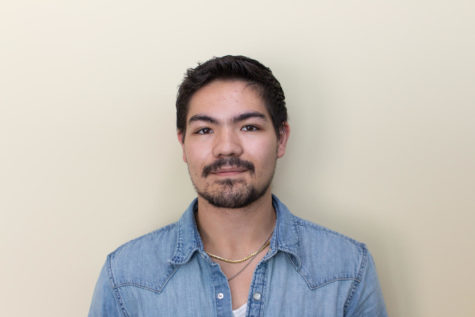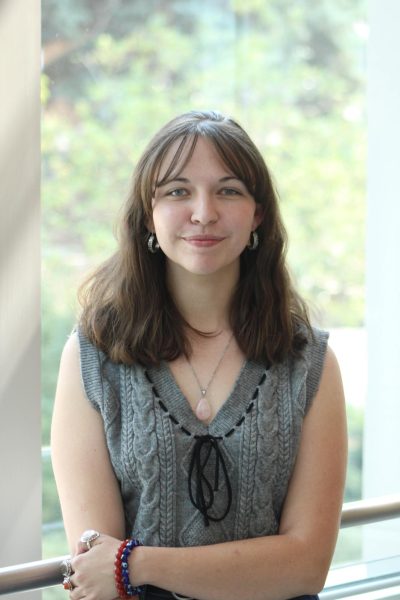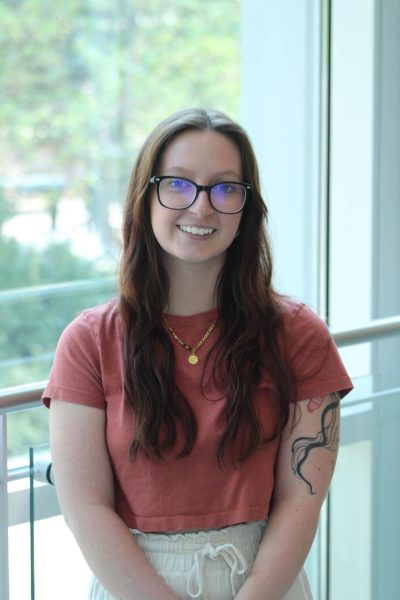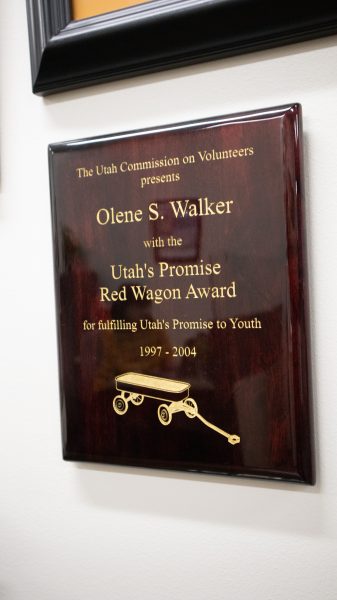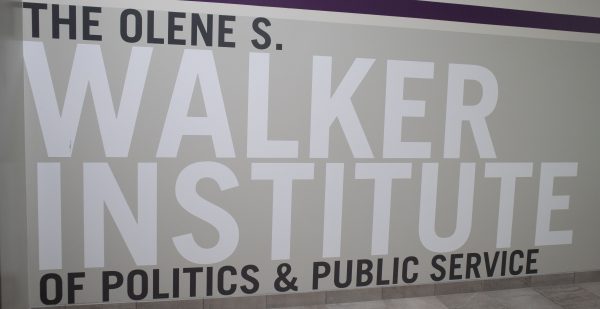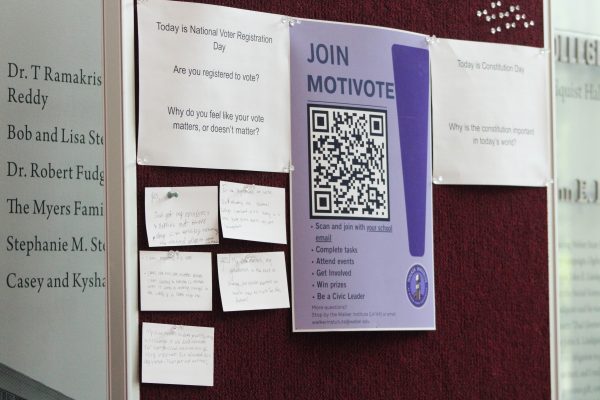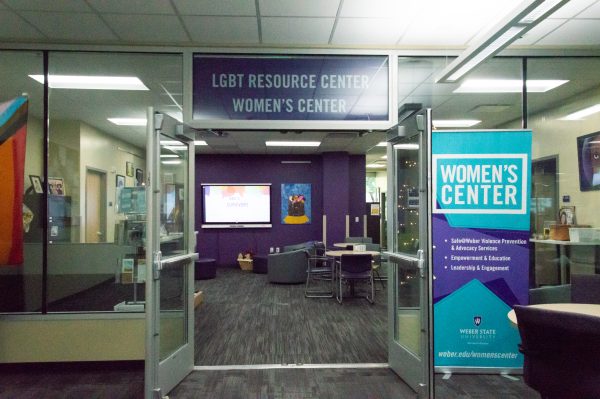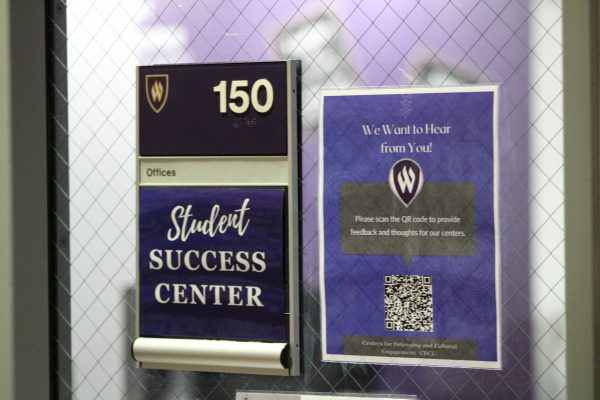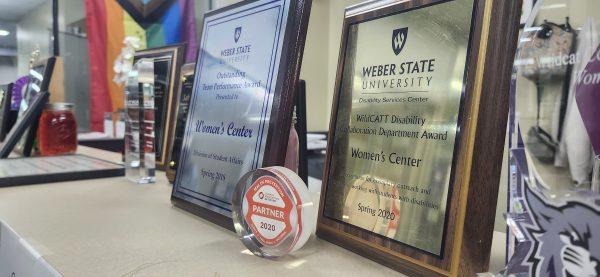Rising concerns, low coverage
Toward the end of August, The Signpost became aware of efforts being made by the Student Health Center that would change how Weber State University provides healthcare to its students in the near future.
Previously, The Signpost was informed by Dr. Benjamin Heaton, the SHC’s medical director and lone physician, that there is a 70% chance that the SHC will be shut down by April 2023 — a figure that has since been explained away as a “ballpark figure” by Dr. Dianna Abel, WSU’s Executive Director of Counseling, Health and Wellness during an interview with The Signpost on Sept. 26.
During a student senate meeting on Sept. 26, Abel and Jeff Hurst, the interim vice president and dean of students, confirmed that WSU has been considering outsourcing student healthcare to off-campus health providers in lieu of continuing to support the operation of the SHC on campus.
Abel and Hurst reported to the student senate that the primary reasons behind WSU’s decision to consider outsourcing student healthcare were low visitation numbers at the SHC and the opportunity to expand the range of healthcare services available to WSU students.
In contrast to what has been said regarding the SHC’s low visitation numbers, Heaton reported to The Signpost in September that visitation numbers have doubled in 2022 in comparison to visitation numbers during the pandemic.
On Oct. 7, The Signpost obtained additional information regarding the SHC’s visitation numbers, budget and revenue over the past five years. The document confirmed what Heaton told The Signpost about the visitation numbers doubling since the end of the pandemic, citing that the SHC had 1,092 visits during 2020-2021.
The document cites the total number of visits to the SHC as 2,450 from 2021-2022, more than double the number of visits the SHC had the previous year, during the height of the pandemic. The SHC’s visitation numbers during 2021-2022 are nearly on par with the number of visits to the clinic during 2019-2020, with that year’s number of visits reported as 2,758.
However, through multiple interviews with Heaton and SHC staff, The Signpost has learned that they believe the problems causing the low visitation numbers are solvable problems, and resolving said issues could even serve to maximize student utilization of the SHC.
These problems include an inability to hire the appropriate amount of staff, an inability to market or raise awareness among the student body and a continually perpetuated misconception that the SHC does not provide women’s healthcare — specifically, gynecological care.
With the minimal staff it currently has, the SHC is currently handling as many visits as they possibly can more days than not, with the potential to see more students day-to-day if it was equipped with additional staff.
“We barely have enough staff to do what we need to do,” Jami Gillis, the SHC’s administrative specialist, said.
Heaton has continually requested that Abel publish job positions for another mid-level provider and another medical assistant since the staff at the SHC believe that the potential to increase visitation numbers exists should they be provided the appropriate staff.
At the beginning of October, postings for temporary positions were published, with the listings stipulating that the positions are only to be filled until April 2023.
According to an email thread provided to The Signpost outlining a conversation between Abel and Heaton in late August, Heaton was denied his request to make these positions permanent rather than temporary. As previously reported, SHC staff feel that this is ineffective and that the positions are very likely to go unfilled, leaving the SHC without the help its staff is asking for.
Included in the information provided to The Signpost on Oct. 7, a brief written explanation was comprised and addressed some of the reasons why WSU has made the decision to explore external options through the use of a Request For Proposal, which includes granting students access to an increased range of medical services and expertise.
Examples were also provided of how WSU wants to improve student health care with x-ray, increased lab testing, gynecological services and backup for health care providers. This indicates that the SHC does provide gynecological care, as the clinic offers both pap smears and physical examinations, as well as prescriptions for birth control.
“We can get x-rays and imaging at Rayus MRI at a cheaper cost than what it would cost if you were to walk into IHC or the Ogden clinic and pay cash for it,” Heaton said.
Heaton continued by saying that the clinic isn’t deficient in any of the capabilities listed in the aforementioned document besides the want for backup for health care providers, of which Heaton is the only one currently employed at the SHC.
During an interview with The Signpost on Sept. 26, Abel and Hurst indicated that the decision to outsource student healthcare is still very much tentative. Due to a cited lack of support from WSU administration, Heaton and his staff fear that the decision to outsource student healthcare and shut down the SHC has already been set in stone.
“Right now we’re really just in an exploratory phase; no decisions have been made,” Abel said.



